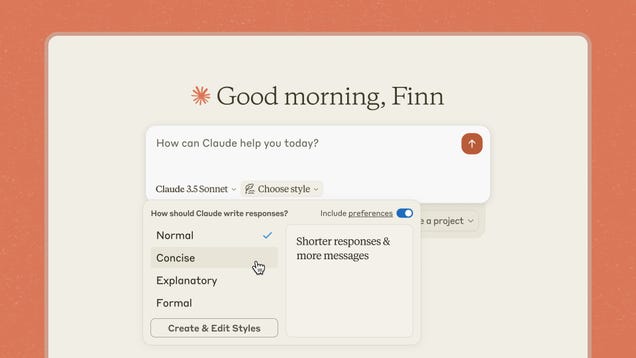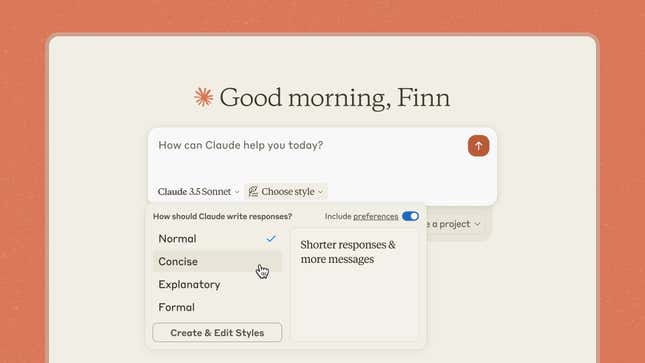
Each week, Quartz rounds up product launches, updates, and funding news from artificial intelligence-focused startups and companies.
Here’s what’s going on this week in the ever-evolving AI industry.
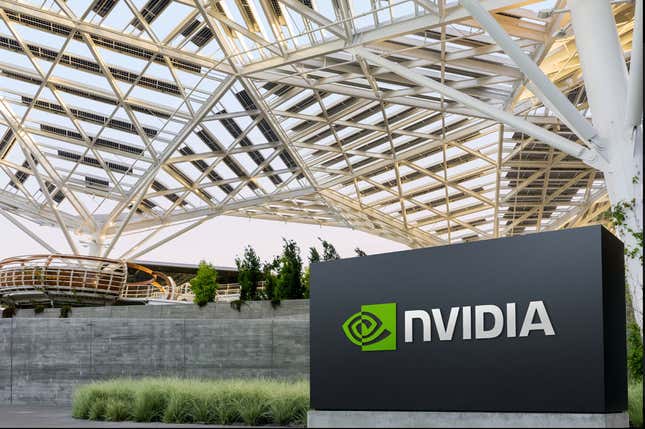
Nvidia (NVDA) announced its new AI audio model, Fugatto, this week that can generate or transform “any mix of music, voices and sounds described with prompts using any combination of text and audio files.”
Fugatto is short for Foundational Generative Audio Transformer Opus 1, Nvidia said.
With the new model, users can enter a text prompt and generate a music snippet, remove or add instruments to an already existing song, change accents or emotions in a voice, and “produce sounds never heard before.”
“Fugatto is the first foundational generative AI model that showcases emergent properties — capabilities that arise from the interaction of its various trained abilities — and the ability to combine free-form instructions,” Nvidia said.
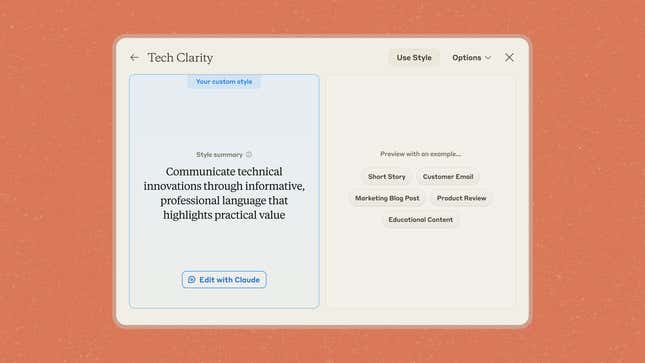
Anthropic announced new updates to its Claude AI chatbot this week.
With the new Google (GOOGL) Docs integration, Claude can use context from a user’s documents to improve the relevance and accuracy of its responses, Anthropic said. Claude can summarize long documents and “reference historical context” from Google Docs files.
The integration is available for Claude Pro, Team, and Enterprise users.
Claude’s new styles feature allows users to customize how the chatbot responds to follow a preferred communication style and work requirements. Users can choose a formal, concise, or explanatory style. Claude can also generate custom styles from uploaded sample content. Anthropic also added the ability to add global profile preferences for the chatbot to instruct it “on things you always want it to keep in mind,” such as a preferred coding language.

AI agents startup /dev/agents came out of stealth mode this week and announced a $56 million seed round. The funding round was co-led by Index Ventures and CapitalG.
The startup, which is building an operating system for AI agents, was founded by former Stripe chief technology officer David Singleton, and former vice presidents at Google and Meta (META): Hugo Barra, Ficus Kirkpatrick, and Nicholas Jitkoff.
“Today you can build an AI demo in hours, but getting something consumers can actually trust with their credit card is nearly impossible,” Singleton said. “Just as Android made mobile development accessible to virtually any developer, we’re building the platform that will help make AI agents mainstream.”
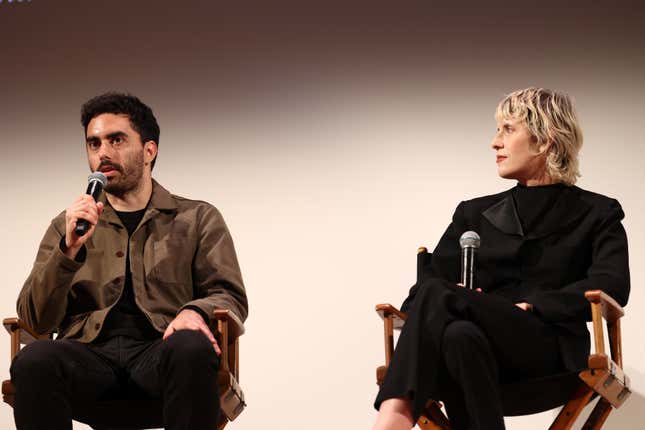
Runway announced its new base model for image generation, Frames, this week. The new model represents “a big step forward in stylistic control and visual fidelity,” the AI startup, which develops multimodal AI systems for video, image, and audio generation, said.
Frames can maintain stylistic consistency when generating images, Runway said. Access to Frames is rolling out in its Gen-3 Alpha foundation model and through Runway’s API.
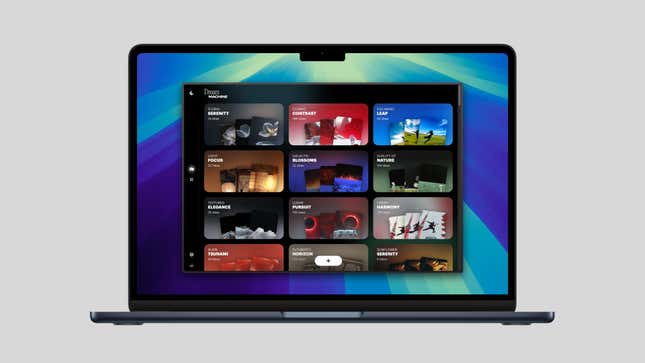
Visual AI platform Luma launched its first image generation model, Luma AI Photon Image Model, this week. The text-to-image foundation model was built on Luma’s Universal Transformer architecture. The model is 800% faster and cheaper than other models, Luma said.
Luma also announced a free and subscription-based service for its Dream Machine visual AI service on the web and iOS. The Dream Machine model was released in June and has 25 million registered users.














